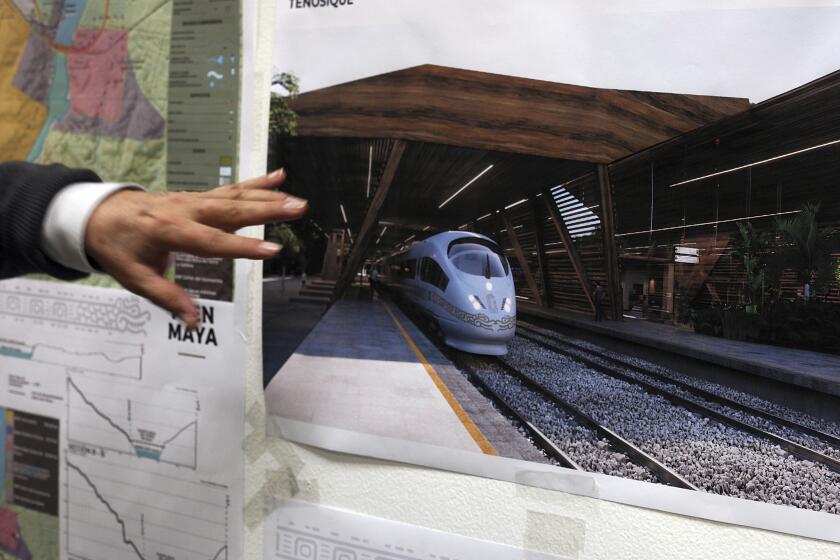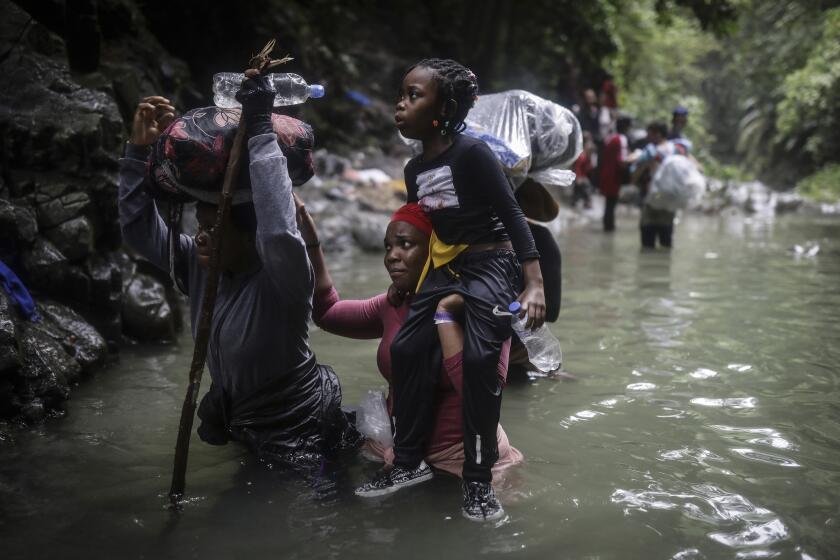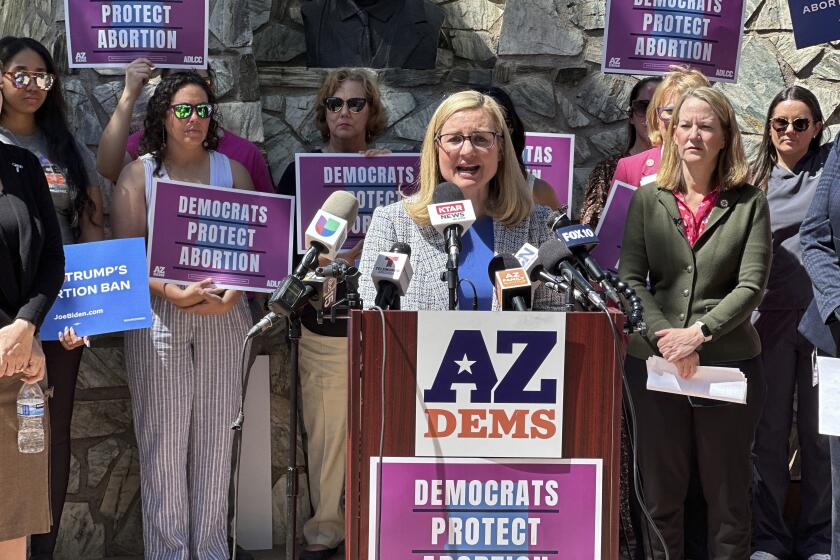Queen of Sweden praises Brazil’s role in protecting children
Queen Silvia of Sweden, who presides over the World Childhood Foundation, on Friday noted the important role of Brazil in protecting children in a way that even has international influence, and said she feels very proud to be of Brazilian descent.
This Friday the monarch visited Sao Paulo, a city where she lived for 10 years, in order to renew an accord between the organization she founded and the Sao Paulo Court of Justice, which establishes a system for shielding minors who have suffered sexual abuse during the respective hearings and trials of their attackers.
After the signing, also attended by the justice and president of the Supreme Federal Court, Jose Antonio Dias Toffoli, and by the justice of the Sao Paulo Court of Justice, Manoel de Queiroz Pereira Calcas, the queen expressed her gratitude to her country of origin.
Silvia of Sweden described as “an act of courage” the fact that Brazil hosted the 3rd World Congress against Sexual Exploitation of Children in 2008 and hailed its importance “not only for Brazil but for Latin America and the world.”
For his part, Toffoli also noted the need to protect “the victims who suffer the most and are the most unprotected: children,” and recalled that this project led the national Congress to pass a law in 2017 that established a system guaranteeing the rights of children and adolescents who are victims or witnesses of sexual violence.
The assistant judge of the Sao Paulo Court of Justice, Camila de Jesus Mello, told EFE in an interview that the system, which reached Sao Paulo in 2009 and has been enacted in 24 of Brazil’s 27 states, consists of taking the minor to a more welcoming room in the court, apart from the trial, to be attended by a team of phychologists and social workers.
They are the ones who question the child or teen while the judge and parties in the case hear their testimony in real time and communicate with the interviewing team, which always has the last word in deciding which questions to ask the victim.
The assistant judge, who also works as a tutor in training courses for this system, says magistrates continue to exercise their usual role in court but their work within the program consists of assimilating this method of interviews.
In her opinion, it was the “particular vulnerability of minors” that led to the creation of this system, but considered it interesting that it can also be established for other cases, such as for female victims of gender violence.



